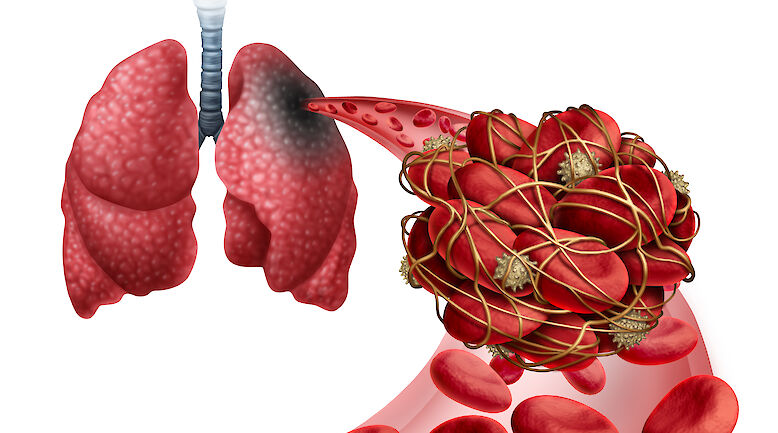English summary: Divergent coverage, frequency and costs of organised and opportunistic Pap testing in Finland

Background
Finland is well-known for its performance and effectiveness in organised cervical cancer screening but the magnitude and significance of opportunistic Pap testing has not been elucidated. In this study we evaluated the overall coverage, frequency and costs of Pap testing by screening modality and health care provider in Finland.
Methods
All Pap tests within and outside the organised screening program were assessed in a retrospective registry study in the Finnish female population of 2.7 million during 2004-2008.
Results
Of the 446,000 annual screening tests, 40% were taken in the organised programme, 5% in secondary health care and 55% as opportunistic tests (public primary health care, private providers or student health care). The total cost of all screening Pap tests was €22.4 million, of which 71% incurred in opportunistic screening. Among women aged 30-64 years, 89% had a Pap test taken within or outside the organised programme at least once during the last five years and half of those screened in the organised programme had also had at least one Pap test taken outside the programme. When the organised programme begins at age 30, most women had already had a Pap test taken. One-fifth of all opportunistic screening Pap tests were taken from women aged less than 25.
Conclusions
In addition to the organised screening programme, there is an expensive, parallel and partly overlapping Pap testing practice in Finland. The voluminous opportunistic Pap testing, especially in public primary health care, was concentrated in young women. Due to the lack of a national register for opportunistic screening and follow-up tests different health care providers are not aware of the tests and test results that have been taken by other providers. Understanding the overall Pap testing practice is indispensable in the development of the best strategy for the prevention of HPV-related diseases.












